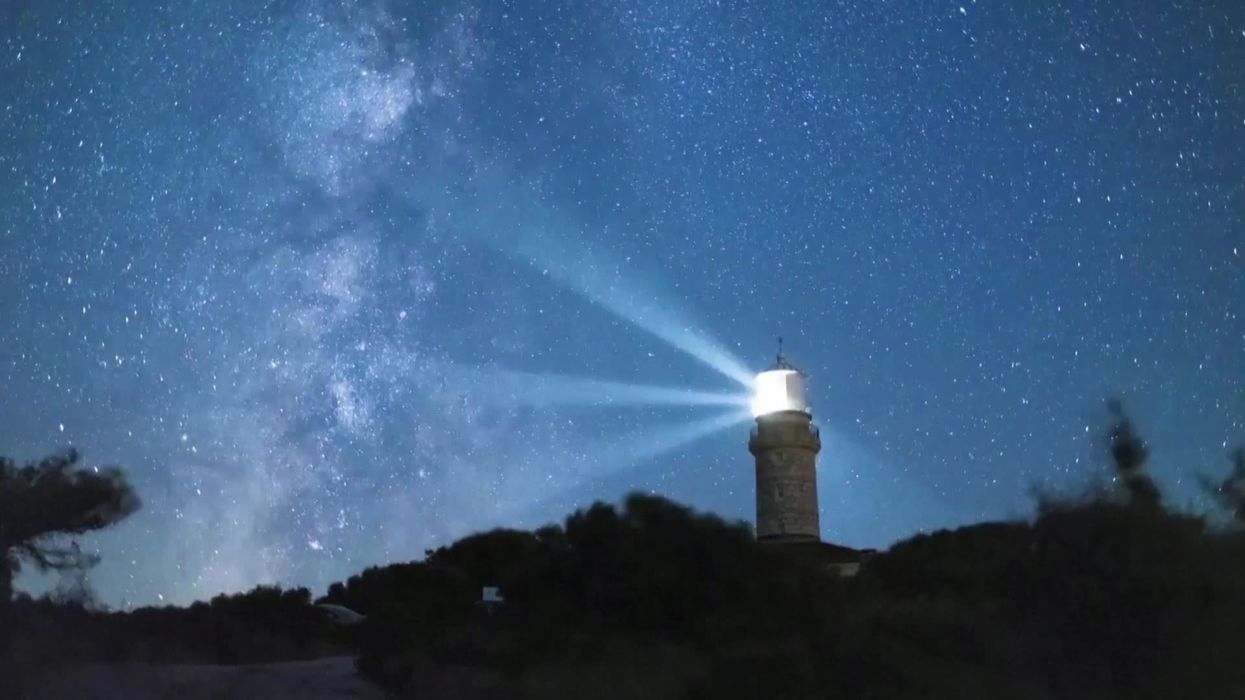Science & Tech
Ellie Abraham
Oct 22, 2024
Incredible meteor shower lights up skies over Croatia
Reuters
Life on Earth could have been started by a gigantic meteorite four times the size of Mount Everest, scientists have discovered.
Experts claim every person on planet Earth descends from the same single ancestor, but what they are unsure about is how life on our planet came to be at all.
A study claims that an ancient meteorite that hit our planet billions of years ago may be responsible for the first lifeforms.
Researchers from Harvard University suggest that 3.26 billion years ago, the S2 meteorite struck what we know as South Africa. The meteorite was estimated to be 200 times bigger than the one that wiped out the dinosaurs.
By analysing the compositions of rock samples at the meteorite’s impact in the Barberton Greenstone Belt in southeastern Africa, experts have found that rather than wiping out life, the S2 meteorite might have been responsible for starting it.
In a research study, published in Proceedings of the National Academy of Sciences, Nadja Drabon, an early Earth geologist and assistant professor in the Department of Earth and Planetary Sciences, revealed that the impact of S2 would have caused a tsunami that churned up the iron and sediment ocean floor and brought debris from the land into the sea.
The impact would have caused the top layer of the ocean to boil away, while simultaneously heating the atmosphere. It would also have resulted in a thick dust cloud that blanketed everything and caused any photosynthetic activity to stop.
Phosphorous from the meteorite itself, as well as the iron churned up from the sea bed, created a sharp spike in single-celled organisms that fed off these two elements.
Drabon explained that “iron-metabolizing bacteria” would have thrived in this unique environment and suggested that this moment is a key one in the story of life on Earth.
“We think of impact events as being disastrous for life,” Drabon said. “But what this study is highlighting is that these impacts would have had benefits to life, especially early on, and these impacts might have actually allowed life to flourish.”
Sign up for our free indy100 weekly newsletter
How to join the indy100's free WhatsApp channel
Have your say in our news democracy. Click the upvote icon at the top of the page to help raise this article through the indy100 rankings
Top 100
The Conversation (0)













